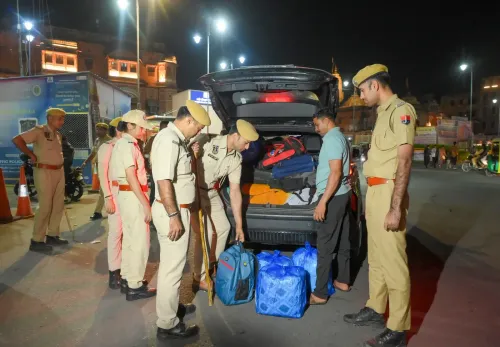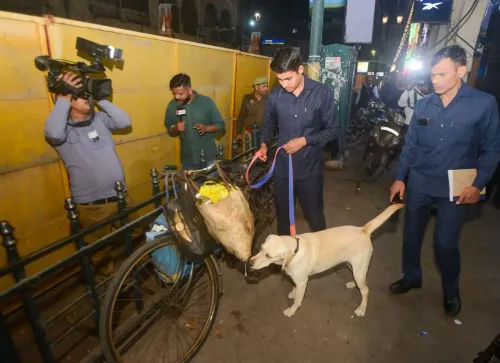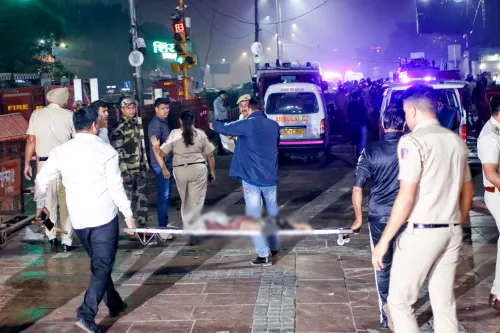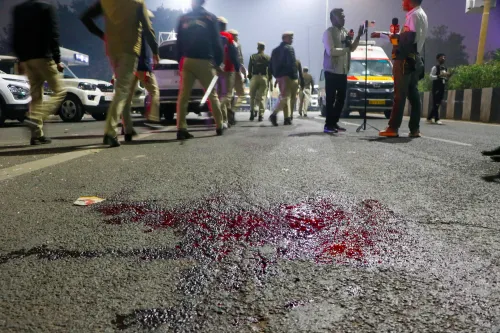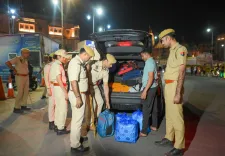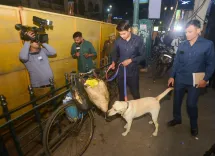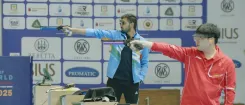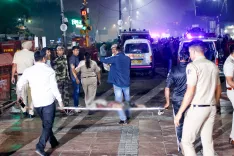Why Did the Bengal BJP Approach Calcutta HC After Police Denied Rally Permission?
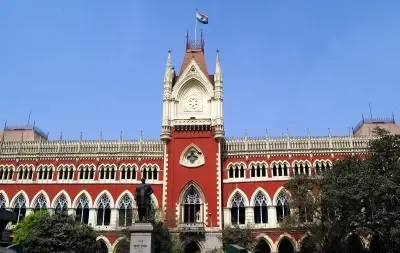
Synopsis
Key Takeaways
- The BJP is contesting a police decision in court.
- The rally aims to address serious issues of crime against women.
- Political permissions are frequently denied to opposition parties.
- There is a legal precedent for obtaining permissions through the court.
- The incident underscores tensions between political parties and law enforcement.
Kolkata, July 8 (NationPress) The West Bengal unit of the BJP has approached the Jalpaiguri Circuit Bench of the Calcutta High Court on Tuesday, contesting the decision made by the Siliguri Police Commissionerate that denied permission for a rally in Siliguri, located in the Darjeeling district, scheduled for July 21. This rally aims to protest against the escalating incidents of crime against women across the state.
According to Suvendu Adhikari, the Leader of the Opposition in West Bengal and a senior BJP leader, the rally is set for August 21, coinciding with the day the ruling Trinamool Congress hosts its annual Martyrs' Day rally in Kolkata. Following this announcement, the party's youth wing applied for permission from the Siliguri Police Commissionerate to hold the event. However, on Tuesday, they received notification from Commissioner C. Sudhakar that permission was denied. Consequently, they opted to challenge this decision in court, as explained by Shankar Ghosh, the Chief Whip of BJP's Legislative Party and MLA representing the Siliguri Assembly constituency.
Ghosh further remarked that it has become a common trend for the police to reject permissions for political events organized by opposition parties in the state.
“We often secure court approval for these events. I believe this instance will be no different. Nevertheless, such actions from the police highlight the timidity of their senior officials,” he stated.
On the contrary, Gautam Deb, a Trinamool Congress leader and the Mayor of Siliguri Municipal Corporation, refuted any claims of his party's involvement in the police's decision to deny permission.
“The police independently assess the situation before granting or denying permissions for political events. If they foresee a potential decline in law and order, they will rightfully refuse permission,” he added.

